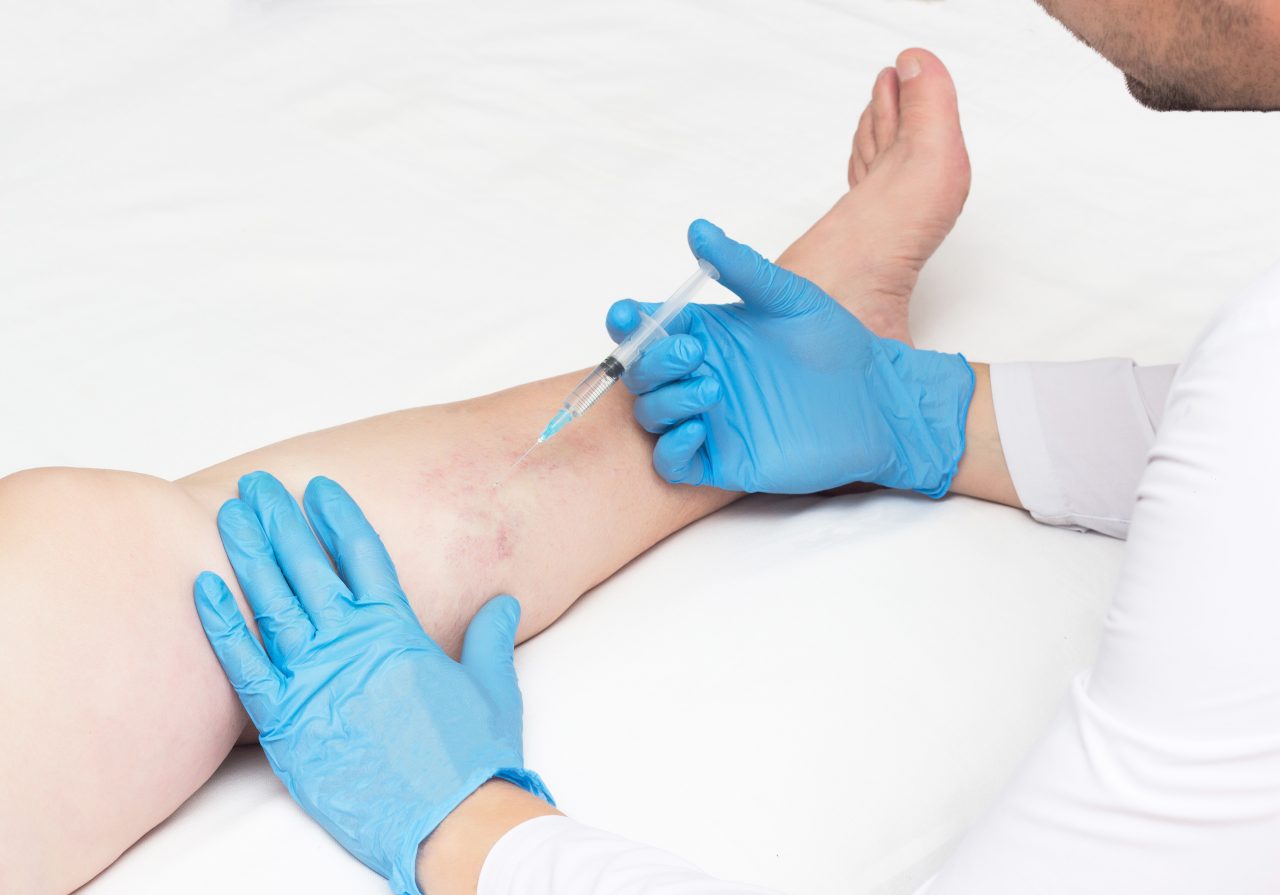When you are about to take the varicose vein treatment, you need to be aware that this process is not easy, and you need to ensure that you are going for the proper treatment as this surgery might cause other consequences well.
Continue reading the article to learn more about varicose vein treatment and what kind of doctor treats varicose veins. This might help you attain the perfect and smooth surgery that will help you avoid any further consequences.
What is the vein varicose treatment?
This treatment is a common condition that affects millions of people worldwide.
While varicose vein treatment can help alleviate these symptoms, knowing that the process isn't easy and can have consequences is essential.

Patients must ensure they receive the appropriate treatment for their condition and understand the potential risks and complications associated with the procedure. In this blog, we'll explore the various treatment options available for varicose veins and what patients can expect during the process.
What kind of doctors treats varicose vein treatment, and which study do they pursue?
Doctors who specialise in treating varicose veins are called vascular surgeons or phlebologists.
Vascular surgeons are medical professionals who have completed medical school, followed by a surgical residency, and then specialised in vascular surgery through additional training. They are trained to diagnose and treat conditions affecting blood vessels, including varicose veins.
Phlebologists, conversely, are medical professionals with expertise in diagnosing and treating conditions related to the veins, including varicose veins.
They may have backgrounds in various medical specialties such as dermatology, family medicine, or general surgery and have undergone additional training in diagnosing and treating venous diseases.
Both vascular surgeons and phlebologists may use a variety of treatment options to address varicose veins, including minimally invasive procedures such as sclerotherapy, endovenous laser treatment, or radiofrequency ablation, as well as more invasive surgical procedures like vein stripping.
Regarding studies, vascular surgeons and phlebologists have undergone extensive medical training and education, including coursework in anatomy, physiology, pharmacology, and surgical techniques.
They may also have pursued additional training in venous ultrasound and imaging, diagnostic testing, and minimally invasive procedures for treating varicose veins. Ongoing education and training are critical for both types of doctors to stay up-to-date on the latest advances in venous disease management and treatment.
What is the general age when we have varicose veins?
- Varicose veins can develop at any age, but they're most commonly seen in people over 50.
- This problem is majorly common in older women.
- Risk factors include family history, obesity, pregnancy, prolonged standing, and a sedentary lifestyle.

- Symptoms may include swollen, twisted veins visible under the skin and pain, itching, and aching in the affected area.
- This treatment also adapts lifestyle changes, compression stockings, and medical procedures such as laser therapy or surgery.
Conclusion :
We hope you liked the article. This has helped you acknowledge the necessary details about varicose vein treatment, what doctor treats varicose veins, and what type of doctor treats varicose veins.
Article source : https://www.pitchbusinessblogs.com/what-keynotes-do-you-need-to-understand-before-going-for-the-treatment-of-varicose-veins/





